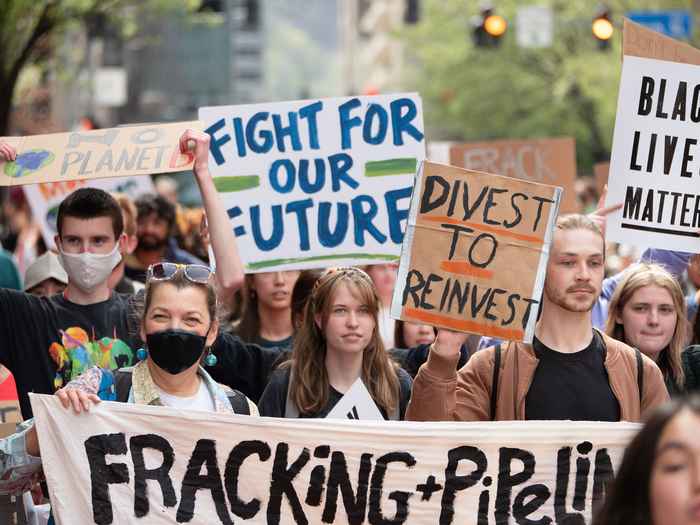CfP: Changing Businesses for Good
Activist interventions in the Age of Environmental Catastrophe
15 July 2022

Civic initiatives have challenged capitalism since the earliest days of the Industrial Revolution. The ‘dark Satanic mills’ of Manchester triggered a response from civil society that eventually gave rise to the modern labour and environmental movements. These sought to make capitalism fairer in various ways, especially by reducing workers’ domination, oppression, and exploitation, reducing inequality and expanding suffrage and democratic rights more broadly. Debates about the ‘limits to growth’ during the 1970s and the escalating climate crisis has led to new ideas and practices being adopted by activists to challenge the corporate community.
How have activists challenged businesses over the last fifty years? Starting in the 1970s, activists have sought to mobilise public opinion against corporations employing oppositional and cooperative strategies. They targeted companies with politically motivated boycott campaigns against Apartheid South Africa and Portuguese colonialism in Angola as well as initiatives to recycle glass and prevent industrial pollution. The 1980s and 1990s saw activist movements like Greenpeace and Fairtrade International turn to broader social and environmental concerns with a widening range of oppositional and cooperative strategies. As climate change became a major issue since the 2000s, activists increasingly looked to transnational campaigning strategies.
In response to these challenges, corporations developed tactics to respond to these concerns and present themselves as acting in more equitable and sustainable ways. Illustrative of the most recent transformation is the ongoing discussion about the merits of ‘shareholder capitalism’, in which the interests of the owners of the corporations are paramount, versus those of ‘stakeholder capitalism’, which includes the interests of employees, consumers, nature and society at large.
The conference is organised around the following research concerns:
- How have activists defined ‘good corporate practices’ as environmental concerns became more prominent alongside social concerns over the last fifty years? What role have social movements and NGOs played in shaping notions of stakeholder-capitalism?
- How has the repertoire of activists evolved in challenging businesses to adopt different practices since the 1970s? Which practices have proven particularly successful, which have failed?
- How are broader questions of global social justice linked to the environmental concerns raised by activist movements? What are some of the tensions between the environmental movement and other activist movements concerned with, for example, workers’ rights in the Global South and equitable economic growth?
- To what extent is it possible for the notion of shareholder capitalism to address issues raised by some environmental activists about the limits to growth and the need to respect planetary boundaries? What are the tensions between the normative ideals around which these social movements and NGOs are oriented and the imperatives of (financialised stakeholder) capitalism?
The conference aims to be interdisciplinary in both the concerns addressed and the methods of investigation deployed. We hope to provide a forum where the dynamic relationship between activist movements and the evolution of capitalism can be explored and new avenues for research can be suggested. The conference will include academics, activist practitioners, and perspectives from the business world, providing an opportunity where the theory and practice of activism can be discussed together.
Submission
Abstract submission deadline
1 September 2022
How to submit
Abstracts must not exceed 500 words, excluding footnotes and bibliography
Please format abstracts for blind review, excluding any personal and institutional information. Furthermore, we require a short cover letter that includes your institutional affiliation, contact information, and a brief bio outlining your research interests.
Please email your abstracts to: changingbusinessesforgood@gmail.com
Participants will be notified of acceptance by 30 September
Funding
There is no participation fee. Lunches and refreshments will be provided.
Travel bursaries are available for emerging scholars. We aim to offer recently graduated PhDs and current post-docs travel bursaries. If you aim to use this possibility, please indicate the expected expenses with your application (on a separate page). Please note that we cannot provide accommodation and the funding for travel will be awarded on a case-by-case basis.
Organisers
Peter van Dam, Paul Raekstad, Valerie Schreur and Gerrit Schaafsma